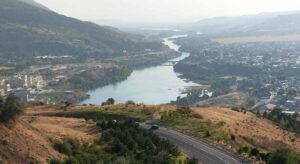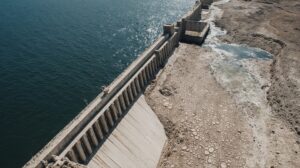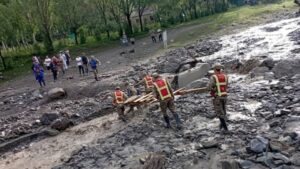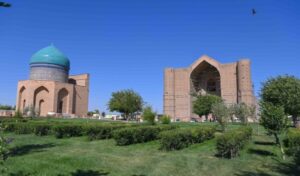Within the framework of the ninth annual meeting of AIIB, a session entitled “Building Resilience of Infrastructure – Insights from the Water Sector” was held to discuss key aspects of enhancing infrastructure resilience in the context of climate change.
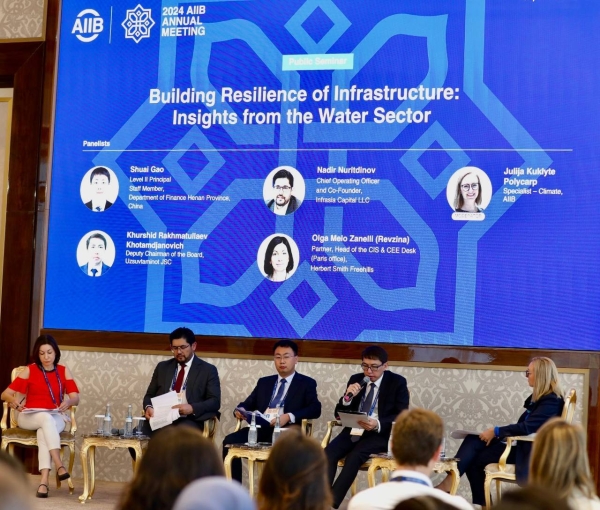
The workshop focused on exploring solutions available to support countries in improving the resilience of water systems. Using the examples of China and Uzbekistan, different approaches to water management and financing sustainable infrastructure were discussed. Water risk management, ensuring quality water supply and sanitation, and responding to climate change were discussed.
“AIIB’s strategy in the water sector recognizes the vast range of investment needs across the diverse social, economic, and geographical landscapes of the Bank’s Members”, said Moderator Julija Kuklyte Polycarp, Specialist for Climate at AIIB. “It focuses on prioritizing projects with a well-developed supporting institutional framework to ensure sustainable positive outcomes. It seeks to attract private capital while ensuring equitable water access and enhancing sector performance through strategic partnerships.”
During the session, participants discussed how innovative approaches and technologies can improve the sustainability of water systems, as well as how international cooperation and knowledge sharing can contribute to solving water problems. The examples given showed how financing can be used to improve water management and increase the efficiency of water supply and sanitation.
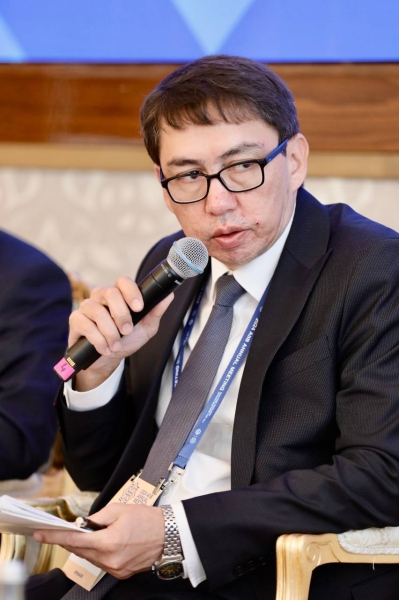
“90% of available water resources is used for agriculture in Uzbekistan, only 4% is used as drinking water. One of our tasks is that this 4% should be used only for drinking water and not for agriculture. Globally water resources are limited, this is not only the case in Uzbekistan but also in the Central Asian region. We are seeking possibilities and opportunities to save all the resources that we have. Due to climate change, we are experiencing less rainfall and less snowfall. Annual rainfall in Uzbekistan typically was 200 millimeters but now we see less than 100 millimeters per year. Some of the regions of our county see up to 900 millimetres therefore we must act for diversification”, – noted Khurshid Rakhmatullaev, Deputy Chair of the Board, Uzsuvtaminot.
“Having the participation of private companies who have extensive knowledge and experience in the whole process and actually including the resilient technologies, utilizing the most modern methods in trying to establish a client resilient outcomes for projects is very important” mentioned Nadir Nuritdinov Chief Operating Officer and Co-Founder, Infrasia Capital.
In conclusion, the participants emphasized that using effective technologies and strategies to ensure the sustainability of water systems and attracting private capital to improve water management are necessary to build sustainable infrastructure for all and create long-term and reliable solutions for future generations.
